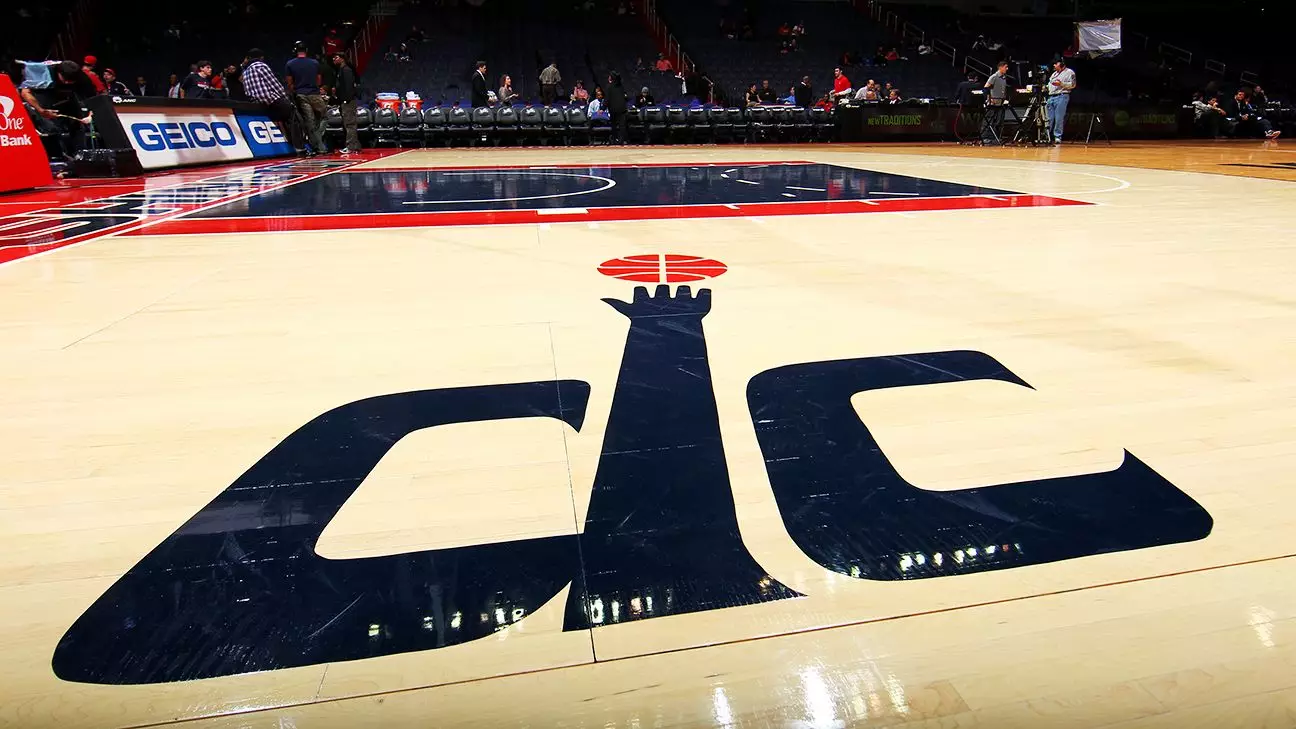In a significant move aimed at revitalizing Washington D.C.’s sports scene, officials gathered to mark the start of an ambitious $800 million renovation project for Capital One Arena. This initiative is seen as a transformative effort not just for the arena itself, but for the broader community, with plans to enhance both the fan experience and player facilities, ultimately setting the stage for the NHL and NBA seasons starting in 2027-28.
At a ceremonial event, key figures such as Ted Leonsis, the owner of the Wizards and Capitals, NBA Commissioner Adam Silver, and D.C. Mayor Muriel Bowser, participated in a symbolic sledgehammer swing to herald the onset of reconstruction. This moment was not merely ceremonial; it symbolized a commitment to keeping the teams anchored in their urban home after the Capitals and Wizards faced uncertainty about remaining in the city. With the thriving Chinatown neighborhood serving as the backdrop, the atmosphere was charged with optimism and a renewed sense of purpose.
While the renovation is a cause for celebration, it comes alongside a tangled narrative concerning sports in the D.C. area, particularly regarding the region’s push to attract the NFL’s Commanders. Recent legislative roadblocks to reclaiming the RFK Stadium site have thrown a wrench into those ambitions, pushing D.C.’s sports community to reconsider its strategic approach. Nevertheless, the retention of the Capitals and Wizards through a publicly funded investment of $515 million stands out as a significant success for Mayor Bowser, reflecting a collaborative effort between government and sports management.
Leonsis articulated his vision for the arena, viewing the revitalization project as not just a construction endeavor, but as a means of solidifying the Capitals and Wizards as vital components of Washington D.C.’s cultural fabric. “This is a landmark day for not just the arena, but for the city,” he stated, emphasizing the transformative impact this investment aims to have. The extensive renovation will involve enlarging locker rooms, constructing new suites, and introducing amenities designed to enhance both athletes’ and fans’ experiences.
A Lasting Legacy
The scale of the undertaking is staggering, with Leonsis predicting that the renovation will span three seasons. The optimistic outlook shared by city officials extends beyond mere aesthetics; it encompasses aspirations for future events, including prestigious All-Star Games that could further embed D.C.’s status as a sports hub. Silver, too, underscored the importance of this investment, characterizing it as a near-billion dollar commitment to both the players and the community.
As D.C. prepares for this redevelopment journey, the enthusiasm is palpable. The long-awaited upgrades to Capital One Arena are poised to not only enhance the sports experience but also serve as a potent reminder of the city’s determination to maintain and elevate its sports identity. With community, collaboration, and an unwavering commitment to progress, the future looks promising for sports in Washington D.C.

